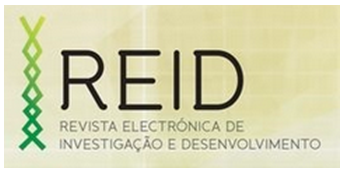Differentiated activities in higher education: teacher practices and challenges
Felipe Angst, Almeida Gomundanhe
DOI:
https://doi.org/10.70634/reid.v1i11.134Palavras-chave:
pedagogical differentiation, differentiated activities, didacticsResumo
The allocation of differentiated activities to students is a didactic strategy that essentially aims to promote inclusive education in higher education and is an act that encourages pedagogical differentiation. Therefore, with this article we aim to reflect on the practices and challenges of promoting differentiated activities in higher education. For this study, we opted to work with teachers, students of the Degree in Teaching Chemistry and with the pedagogical management at the Niassa Faculty Extension of Rovuma University. Methodologically, we opted for the case study, with a qualitative approach, supported by a literature review. For data collection techniques, we used semi-structured and focus group interviews, and content analysis, which facilitated the action of analyzing and interpreting the results. For the theoretical foundation we cited authors such as Nhangumbe et al. (2017); Pacheco (2011); Tomlinson (2008) and Heacox (2006). The results show that the teachers of the Teaching Chemistry course do not diversify the exercises and assessments, according to the specific learning needs of each student, although they approach the contents using different strategies.

